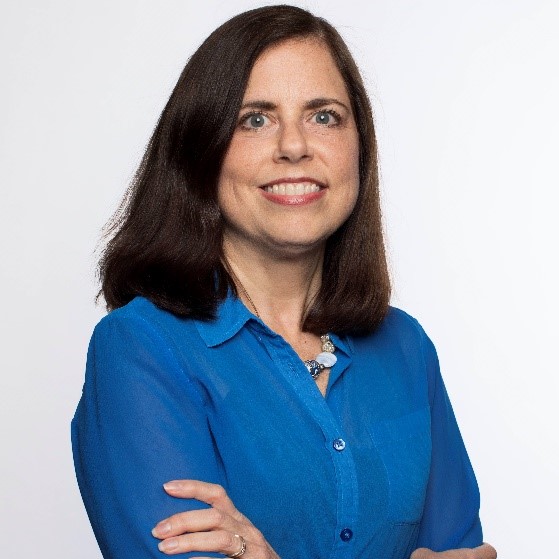Learn more about the Doctor of Social Work program.
January 30, 2025 @ 6:00 pm - 7:00 pmInfo Session: DSW
Learn more about the Doctor of Social Work program.
March 12, 2025 @ 12:00 pm - 1:00 pmInfo Session: DSW

Faculty Focus Friday is a Q&A series that highlights individual faculty members in various academic programs around Spalding University. This week’s featured faculty member is Stacy M. Deck, professor and director of undergraduate education at the School of Social Work.
Why did you decide to teach at Spalding? What do you like about Spalding in particular?
I came to Spalding University because the university’s mission aligns perfectly with my personal and professional values, ethics, and priorities. I like teaching at Spalding University because of the smaller class size (students and faculty can come to know one another and develop authentic, caring relationships), the block schedule (perfect for an adult learning model), and the diverse student population.
What is your academic specialty, area of expertise, or research?
Within the field of social work, I have specialized in research and service relating to affordable and accessible housing, homelessness, economic empowerment, and financial literacy. I also have a background in health social work, end-of-life care, and opportunity youth services. These interests and experiences also inform my teaching through case studies, service-learning, and practicum supervision.
Why is the social work program a good option for students to consider?
Social work is a helping profession that appeals to individuals who want to empower others to achieve their goals and live full, satisfying lives. We are change agents trained to work with individuals, families, groups, organizations, communities, and society. This allows us to precisely target our work to the broken part of the system. We work in a variety of settings (mental health, addiction/recovery, healthcare, schools, military, etc.). This means social work career paths are very flexible.
Social work majors get academic credit for a two-semester practicum, meaning they graduate with work experience, a professional network, and a reference. BS in Social Work graduates are eligible for licensure and to work as a social worker immediately upon graduation. If they go on for a master’s degree in social work, it only takes one more year. Our master’s program also offers clinical licensure, meaning that you can provide clinical mental health care (diagnose, treat, bill insurance, and work for a mental health agency or in private practice). According to the U.S. Bureau of Labor Statistics, social work is one of the fastest growing professions in the U.S. The BLS projects that overall employment of social workers will grow 7% from 2023 to 2033.
What major lessons do you hope students take from this program to implement in their personal and professional lives?
Many of our social work students have transcended major challenges in their lives. Their transformative journeys have inspired them to help others. I hope they never lose their commitment to serving others and the community, working to achieve equity and justice, and believing in the dignity and potential of everyone. I also hope they are committed to their own well-being and to self-care practices that keep them healthy, happy, and whole. Finally, I hope they will stay connected to us and to one another after graduation. Our cohort model fosters life-changing, long-lasting relationships.
What’s an interesting thing you keep in your office?
One of my favorite books on my office bookshelf is titled Women Who Dared. Each page contains a black-and-white photo and brief biography of inspiring women who defied society’s expectations with courage and grit. It reminds me that I stand on the shoulders of my foremothers and motivates me to invest in and nurture the next generation of young people.
Spalding’s mission is to meet the needs of the times, to emphasize service and to promote peace and justice. How will your teaching style, your research, your class, or your curriculum support the mission of Spalding?
I’ll close with a specific example. I’m currently working on plans for teaching SW-633 Advanced Research for Social Work Practice. Instead of just reading and talking about research in the classroom, this course will include a service-learning project in the community. Students will work together to provide a pro bono program evaluation for a local non-profit agency. Together, we will learn research skills by doing them. Through this process, we will also provide invaluable community service.
Learn more about the Doctor of Social Work program.
January 30, 2025 @ 6:00 pm - 7:00 pmInfo Session: DSW
Learn more about the Doctor of Social Work program.
March 12, 2025 @ 12:00 pm - 1:00 pmInfo Session: DSW